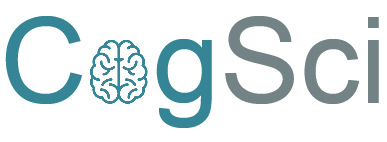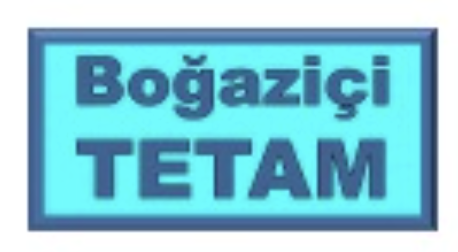DescriptionThis short course on computational analysis for behavioral and clinical sciences aims to introduce basic tools of human behavior analysis to students of both computer science and psychology, to enable collaborations between these disciplines. We will cover different application areas, discuss examples to illustrate the possibilities, as well as challenges and pitfalls of methodology. ProgramThe five day program consists of four lectures, each of two hours, and an interactive session with student presentations in the last day..
The course is free for all participants. The possible number of students is restricted; priority will be given to students working on related projects. Please use the registration link to apply. Fully attending students will receive a certificate. Reading materials will be made available to the participants. No programming expertise is required; the course is suitable for both computer science and psychology students, as well as students of other programs in related areas. Virtual participants will receive participation link via email. AcknowledgmentsThis course is supported by TUBITAK (project # 121K733), Bilgi University, Utrecht University, Boğaziçi University (Computer Engineering Dept., TETAM, Cognitive Science program). ContactFor any questions, please contact A.A. Salah (a.a.salah at uu.nl). Share |




